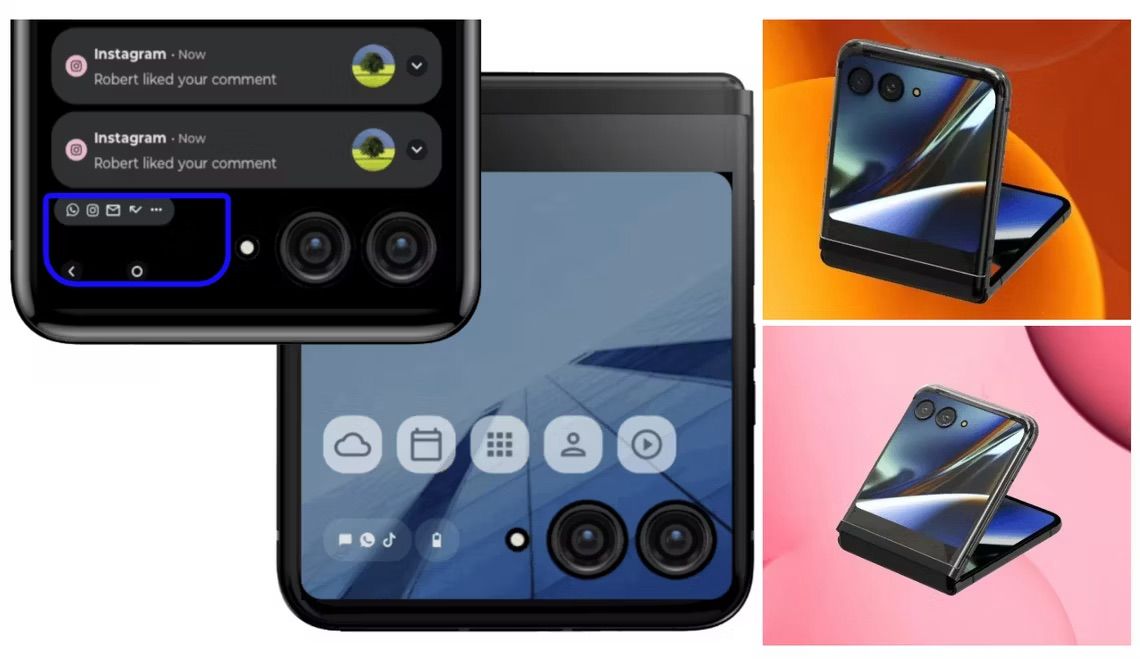Motorola has been causing a commotion at this year's Mobile World Congress, first with its rollable smartphone's debut, then with the Lenovo foldable laptop. But it looks like things are getting a bit more exciting behind closed doors, as Lenovo's CEO has confirmed in an interview that a new Razr will be making its way to customers in 2023.
While details were relatively scarce, the CEO Yuanqing Yang did state that the handset will arrive "very soon." Although other parts of the world have experienced a new Razr handset pretty much every year since its initial re-release back in 2019, those in the United States were left in the cold when it came to a 2022 model, with the device only making its way to Asia and Europe.
In addition to letting CNBC know that the device would be coming soon, Yang also expressed that the upcoming Razr is “much better” and will feature an improved hinge design. While this might sound like an exciting part to focus on, an improved hinge isn't just for durability and reliability sake, but can also completely change the look of the foldable display, leaving a less visible crease.
This has been a huge focus for smartphone makers in Asia delivering foldable handsets. Unfortunately, those in the US have yet to experience this look, as a foldable smartphone from another major brand besides Samsung has yet to be released. This year could be a major one for foldable handsets, as OnePlus has also announced it will debut its first foldable. As far as how many will make it to the US is still unknown, but the pool of foldable smartphones is getting larger, and there are plenty of excellent options now available.
Again, there's very little to go on here when it comes to Motorola's next Razr, but luckily, we've potentially already seen the design with a leak that popped up last week. If the images are to be believed, the new Razr will come with a revised design featuring a massive front cover display. This design would easily eclipse Oppo's Find N2 Flip and Samsung's Z Flip 4. Although exciting, we'll just have to wait to find out.
Source: CNBC

